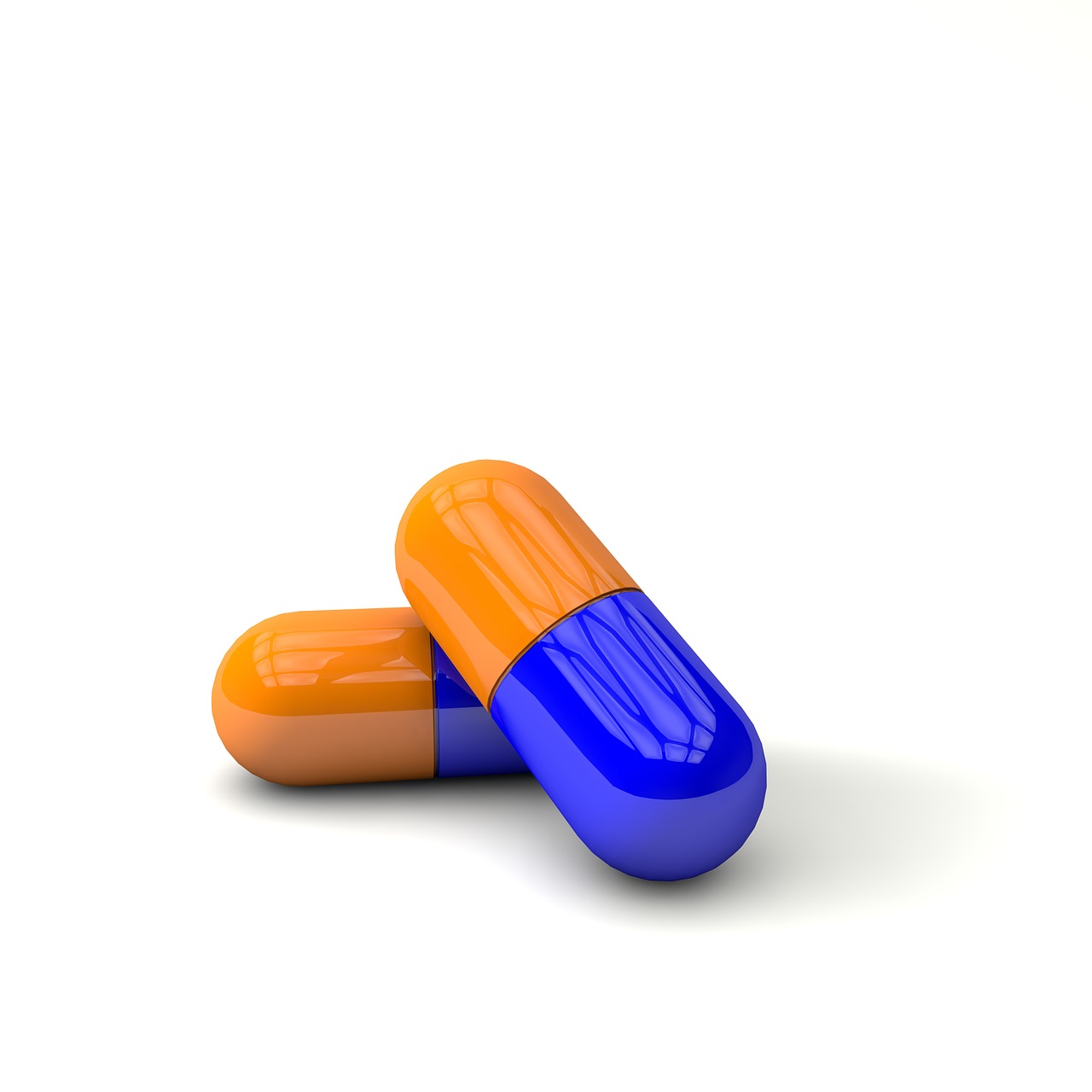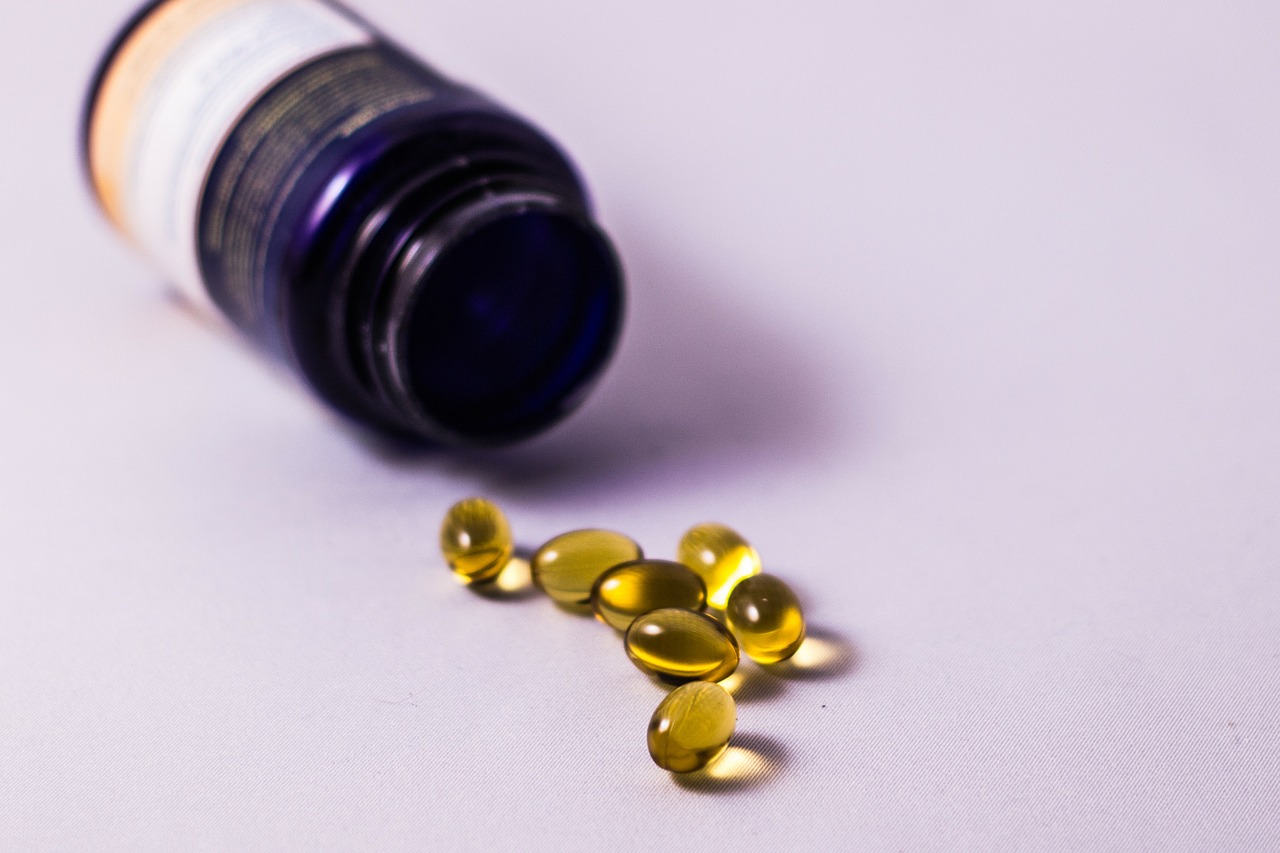Natural Supplements
Nutritional supplements are designed to work with a healthy diet, not in place of it. But if a diet is healthy, then why would we need supplements?
Over 85% of Europeans do not get the required amount of nutrients from their diet and for that there is the need for supplementation. Supplements are exactly what they say they are – a supplement to boost nutrient levels beyond what the diet can provide..

Beyond Farm to Table
Fresh fruits and vegetables are the most nutrient-rich foods available. But their nutrient density depends on many variables, and you can never be quite sure what you're getting. Nutrient content is affected by where fruit and vegetables were grown; the quality of the soil, water, sun and air; how ripe they were when they were picked; and the form of harvesting and handling it underwent. The nutrient composition of meat also varies depending on the animal's diet and environment, with grass-fed beef containing high amounts of omega-3 fatty acids while feedlot grain-fed cattle contains much less.
Depletion of nutrients doesn't stop there. Storage, heat, light, humidity, natural degradation and time all contribute to depletion of nutrients. Some foods deliver more nutrients when they're raw (e.g. berries), while others require cooking to get the maximum goodness out of them (e.g. kale, tomatoes, and Brussels sprouts).
The industrialization of the food industry results in more nutrient degradation and, as a pivotal study has shown, much less nutrition in the end product. Eating the same healthy diet 50 years ago would give you almost twice the nutrition that it would today.
Bioavailability - What You Eat Isn’t What You Get
So you're already starting with a nutritionally-dubious meal, but it doesn't end there. “Bioavailability” refers to the proportion of the nutrient content of a food (or supplement) that is digested, absorbed and metabolized through normal pathways.
There are hundreds of variables for what can happen to the nutrients between mouth and intestines, and there is always nutrient loss. A nutritionally replete meal will have more nutrients on the plate than in the gut.
And once we swallow, the nutrient availability of our food is a bit of a mystery, influenced by these variables:
- Quality of stomach acid– not enough, and nutrients won’t be released from proteins, fiber and cell walls of our food. Too much, and many nutrients will be destroyed.
- What you consume at the same time – drinking coffee with your meal blocks the absorption of major minerals; drinking too much water dilutes your hydrochloric acid! Some nutrients bind to each other and prevent their absorption.
- Disease & Inflammation – Celiac disease is an example of a disease that destroys the part of the intestines where nutrients are absorbed, but any inflammation of the gut can prevent nutrient absorption.
Nutritional supplements bypass these variables. Good quality supplements deliver nutrients in bioavailable forms and guarantee that they will be readily absorbed and used by the body. They often include “co-factors” – the vitamins or minerals that are like side-kicks for the main nutrient in the supplement. For example, you'll often see calcium supplements that contain vitamin D, as they are needed for each other's absorption and functions within the body.
CONCLUSION |
|
|
Between changes in the nutrient composition of our soils and the increased demand on our bodies, it has become more important than ever to incorporate supplements to ensure our nutritional needs are reliably and consistently met. While there's no need to supplement every nutrient, most people benefit from targeted supplementation alongside a healthy diet. It is, however, important to refer to a doctor or a qualified nutritionist for personalized guidance. |
  |